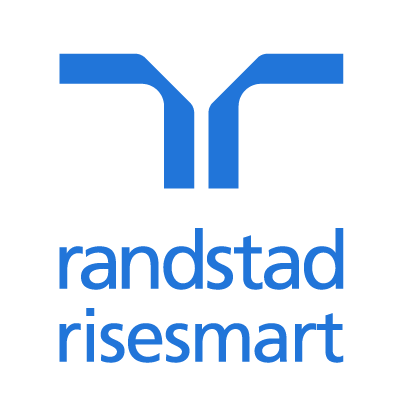What matters more, is the culture you have – and specifically, the culture of creating constraints – especially self-imposed constraint if it’s needed.
HR's role in organisational creativity and innovation
Creativity or development? Hybrid work plans depend on aims
How can HR help build models of success?
We all know the case of Nokia, the mobile phone giant that fell by the wayside. Nokia thought it could spend huge sums of money to guarantee a new, innovative mobile product.
Nokia invested $3.9 billion in the financial year for 2010 (on top of the tens of billions they had spent in previous years) with little Apple spending only $800 million, and other competitors like HTC spending under $500 million.
Nokia certainly did not get the bang for its buck that it desperately needed, and its just-under 50% market share eroded to 3% in a few years.
Meanwhile Apple, HTC, Samsung et al took off to the moon in terms of smartphone dominance.
Throwing huge amounts of money at the problem hadn’t helped. A lack of focus and a scattergun approach to research and development had a huge cost.
Perhaps it would have been better to have a smaller spend and laser focus on the outcome needed, like Apple and HTC, who would have been on the verge of financial trouble had they not innovated and found a way forward.
That said, financial constraint isn’t the only relevant constraint when it comes to successful innovation efforts. Often the best constraints you can have is a lack of time.
In corporate 'accelerators' around the world, people are innovating at wonderful pace. When companies are built for speed, and the culture mandates it, it is more likely than not that they will outpace and win versus those who are slow and set in their ways.
MasterCard is in the payments business, based out in the US and around since 1966. Its products are used by millions around the world and its 2020 profits were more than $6.4 billion, aided by its 21,000 colleagues. It has built a culture of innovation, by using constraints to its advantage.
MasterCard launched MasterCard Labs, its accelerator, in 2010, with the aim of rapidly innovating and bringing innovative payment solutions to the forefront.
The company operates globally, with hubs around the world, and takes start-ups through a programme of innovation during short periods of time.
As part of MasterCard Labs, MasterCard has also developed an 'innovation express' methodology which sees very intense 48-hour 'developer-thon' periods of innovation.
It has used this intense 48-hour period to innovate at speed with customers, corporate clients, partners, and participants in the MasterCard Labs main programme.
When you have, or create, conditions where you have no choice but to move fast, manage change and outpace your competitors you will surely win versus those who are slow, bureaucratic and unwilling to change. Your culture is everything.
Daniel Strode is author of The Culture Advantage: Empowering your People to Drive Innovation










